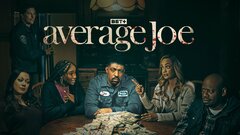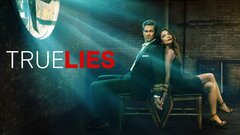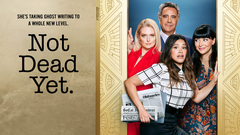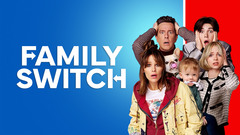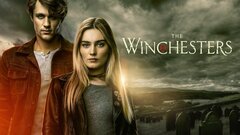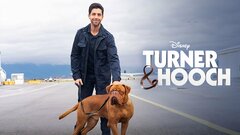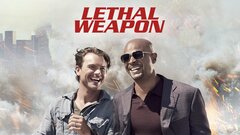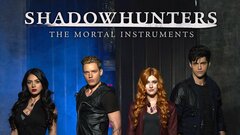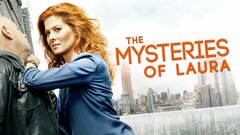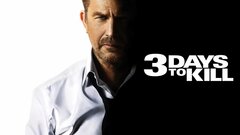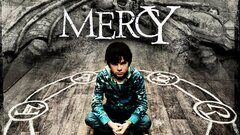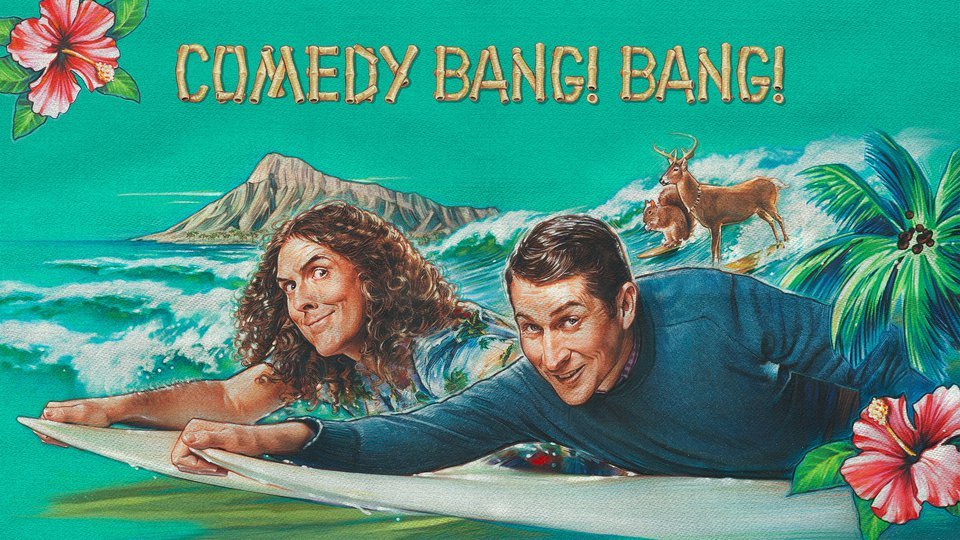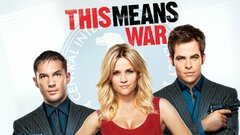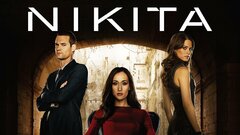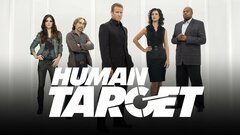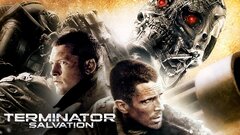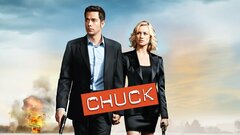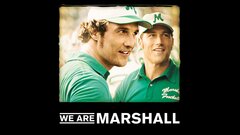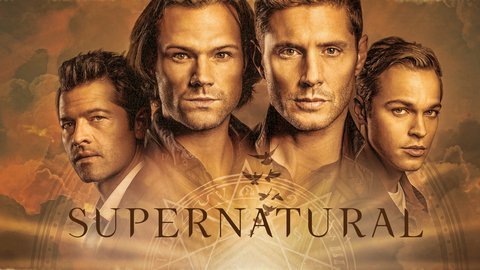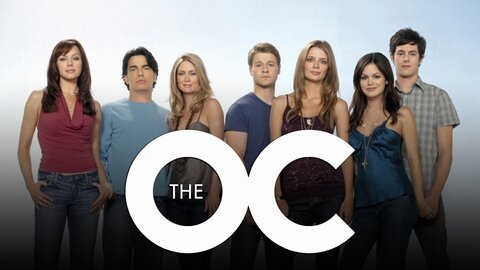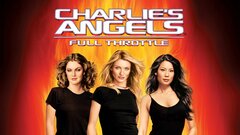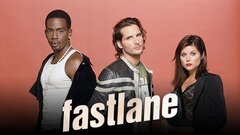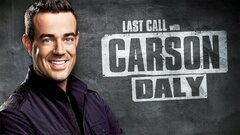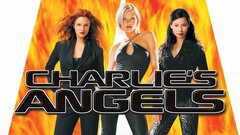A former music producer who made his mark as video director for such bands as Sugar Ray and Smash Mouth, McG segued directly to helming blockbuster movies with his feature debut, "Charlie's Angels" (2000). While some decried the film for its lack of substance, it possessed a vibrant energy and enough campy fun to turn McG into a director to watch. But just as soon as he had emerged, McG garnered his share of criticism for the follow-up, "Charlie's Angels: Full Throttle" (2003), which contained plenty of eye candy, but little in the way of story logic or character development. Adding insult to injury, McG suffered public ridicule for his fear of flying, which grounded his effort to helm the long-awaited reboot of the comic book series, "Superman."
Despite his rocky foray into the feature world, he found some degree of success as the executive producer on "Supernatural" (The WB/CW, 2005- ) and "Chuck" (NBC, 2007-12), the latter of which earned its share of critical acclaim, though it struggled to find a large audience. By the time he directed "Terminator Salvation" (2009), McG was ready to recapture the respect that he had first earned almost a decade prior with his debut film.
Born on Aug. 9, 1970 in Kalamazoo, MI, the future director was raised in Newport Beach, CA, the third consecutive Joseph McGinty Nichol. To avoid confusion in the household, his family took to calling him McG. An odd-looking kid whose Michigan roots cast him as an outsider, McG developed a passion for music before delving into the film world. He earned a bachelor's degree in psychology at the University of California - Irvine while tapping into the local music scene as a still photographer, shooting photos of local bands and musicians. Moving into the production side of things, he formed G Recordings, and began producing and co-writing songs with a local punk band that later became Sugar Ray.
Eventually, McG ventured into directing music videos. He built a music video resume that read like a compilation album of ubiquitous summer hits: Sugar Ray's "Fly" and "Every Morning" (both of which he also co-wrote), Fastball's "The Way," Smash Mouth's "Walkin' On the Sun" and "All Star," The Offspring's "Pretty Fly (For a White Guy)" and "Why Don't You Get a Job" and Barenaked Ladies' "One Week." McG also brought his sunny, eye-catching style to help lighten up the images of harder-edged acts like Korn, Cypress Hill and Mase.
Thanks in part to the videos' striking super-saturated visuals, light hedonistic approach, and constant rotation on MTV, the songs achieved great success. Adept at helping bands sell albums, McG also proved capable of pitching commercial products by helming spots for Major League Baseball, Coca-Cola and GAP. For the popular clothing store, he directed a memorable ad featuring khaki-outfitted country line dancers stepping in time to Dwight Yoakam's interpretation of the Queen hit, "Crazy Little Thing Called Love," an inventive ad that was honored with a top prize at the 1999 London International Film Festival. Meanwhile, actress and producer Drew Barrymore, impressed with his fresh and accessible short form work, insisted to Hollywood executives that McG direct her big screen version of the 1970s television show, "Charlie's Angels" (2000).
Though wary at first, studio heads were won over by McG's energetic pitch, leading to his debut as a feature film director. Starring Barrymore, Cameron Diaz and Lucy Liu, and displaying all of the colorful energy and exuberant, harmless fun of his music videos, the cartoonish "Charlie's Angels" had a self-mocking feel, coming off more like a live action take on modern animated heroines than the 1970s glamour girls of the original series.
In contrast with reported on-set tangles - primarily between co-stars Lucy Liu and Bill Murray - "Charlie's Angels" was surprisingly charming and earned a respectable take at the box office, making it a not-so-surprising commercial hit. McG flirted with a variety of potential follow-up projects, including taking the helm of the much-discussed re-launch of Warner Bros.' "Superman" franchise - much to the chagrin of all DC comic fans. But aside from a stint as the creator and executive producer of the glossy, short-lived television actioner "Fastlane" (Fox, 2002-03), McG opted instead to direct "Charlie's Angels: Full Throttle" (2003), the much-maligned and less successful sequel that all but assured the death of a third installment.
After director Brett Ratner came and went from the "Superman" movie, McG was brought back on in early 2003. But well into pre-production, he was stricken by a sudden panic attack due to his ironic fear of flying, which led to aborting the project once again amidst much public and private ridicule. McG remained undeterred, however, and continued serving as executive producer on television shows like "The O.C." (Fox, 2003-07) and the short-lived drama, "The Mountain" (WB, 2004-05).
McG moved on to produce the surprise hit "Supernatural" (The WB/CW, 2005- ), a drama about two brothers (Jared Padelecki and Jensen Ackles) who travel the country, battling evil spirits while looking for their father after he mysteriously disappeared. Back in the director's chair, he helmed the well-meaning, but flawed sports drama, "We Are Marshall" (2006), an earnest look at the aftermath of a small college devastated by a plane crash that killed their entire football team. After producing the dismal video game-turned-horror flick "Stay Alive" (2006), McG scored a critical hit on the small screen with "Chuck" (NBC, 2007-12), a quirky dramedy from the mind of Josh Schwartz about a twentysomething nerd working at a fictionalized Best Buy who gets dragged into a world of espionage after his brain is accidentally downloaded with the full content of a CIA/NSA supercomputer. Despite rave reviews and a rabid fan base, "Chuck" staggered in the ratings for much of its existence.
In a surprising move, McG was tapped to direct "Terminator Salvation" (2009), the fourth installment in the long-running series that depicted the final showdown between man and machines. Looking for his own salvation, McG was poised to make a comeback, provided the much-anticipated action flick became the summer hit that all expected it to be. Prior to its release, however, "Terminator" hit a minor bump in the road when star Christian Bale - who played an adult John Connor, leading man's desperate fight against the machines - was recorded in mid-tirade against the film's director of photography, Shane Hurlbut, who walked across the star's eye line while filming a scene. Bale's angry, profanity-laced ranting was caught on tape and disseminated across the Internet for the entire world to hear. While the tabloid media had a field day lambasting Bale, some wondered why McG failed to control his actor, speculation that the director shrugged off.




